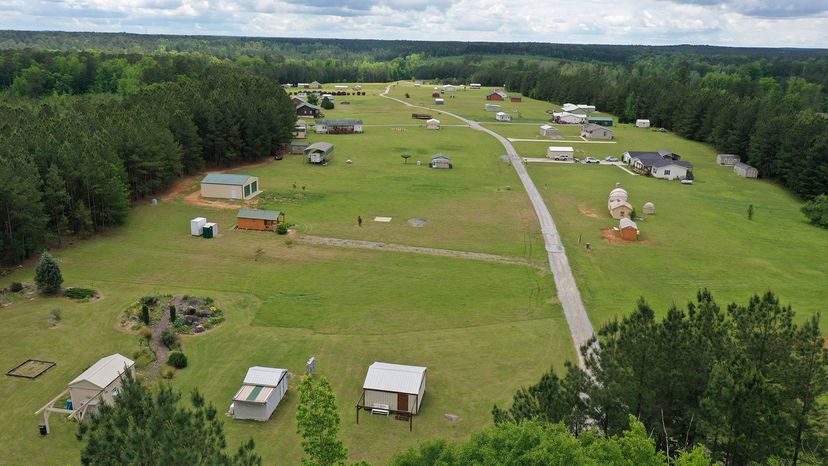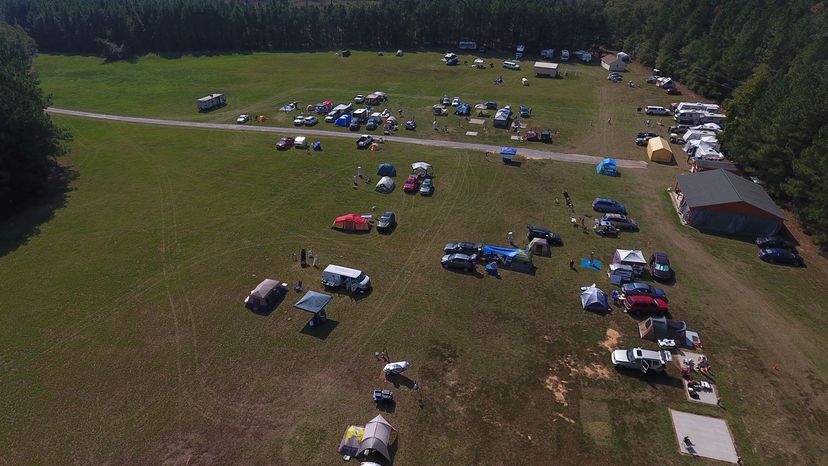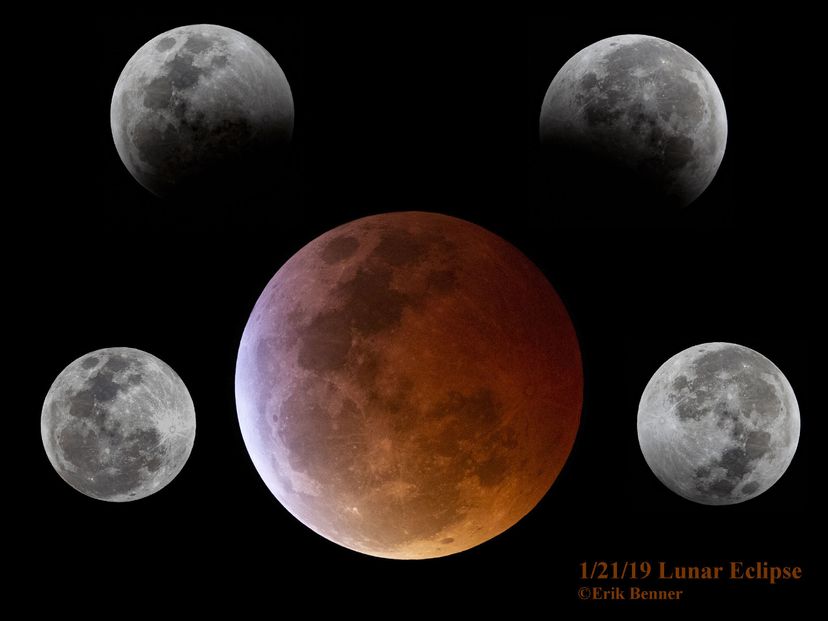
Light pollution is Milky Way, one of nature's most spectacular wonders.
Sure, city dwellers can travel to around the U.S. Or, as one group of amateur astronomers from Atlanta did, you could simply create your own dark sky community. That's exactly how a 96-acre area called the Deerlick Astronomy Village (DAV) came to be.
Advertisement
Deerlick's location is what makes it so desirable for astronomy. Roughly two hours east of the glare of Atlanta, it's near Sharon, Georgia, a tiny town with a population of around 100.
There are no businesses there, and no commercial lighting. Residents call it the darkest town in the entire southeast corner of the country.
Deerlick is both a community and a staging area for astronomy events of all kinds. The lots for permanent housing – roughly two dozen in all — are already spoken for, so no one else can buy a plot. But the general public can pay a fee for star viewing parties and other activities. Additionally, there are also some leased lots, where people have built smaller permanent observatories that they operate remotely. A few of those are still available for sale.
The genesis of Deerlick was borne out of frustration. Not necessarily regarding light pollution, but rather, out of the exasperation of packing and unpacking delicate telescopes over and over again.
"The idea came from a group of us that were tired of hauling around 12-20 equipment cases for dark sky camping trips," emails Erik Benner, one of the site's original developers who is also a part-time resident. "Our thought was to build a community that was unique, and had offerings for folks that wanted a house, just an observatory, or a site with camping rules and facilities specifically for astronomers."
The group decided that the proposed site should be less than three hours from Atlanta; in an area with negative population growth; and one with very dark skies, he says. After a few months of checking out properties nearby, they bought and developed DAV.
Advertisement

